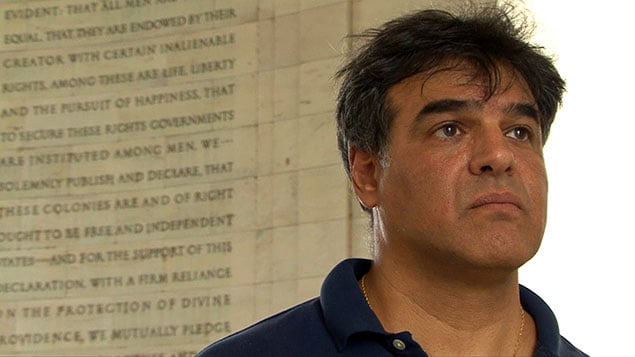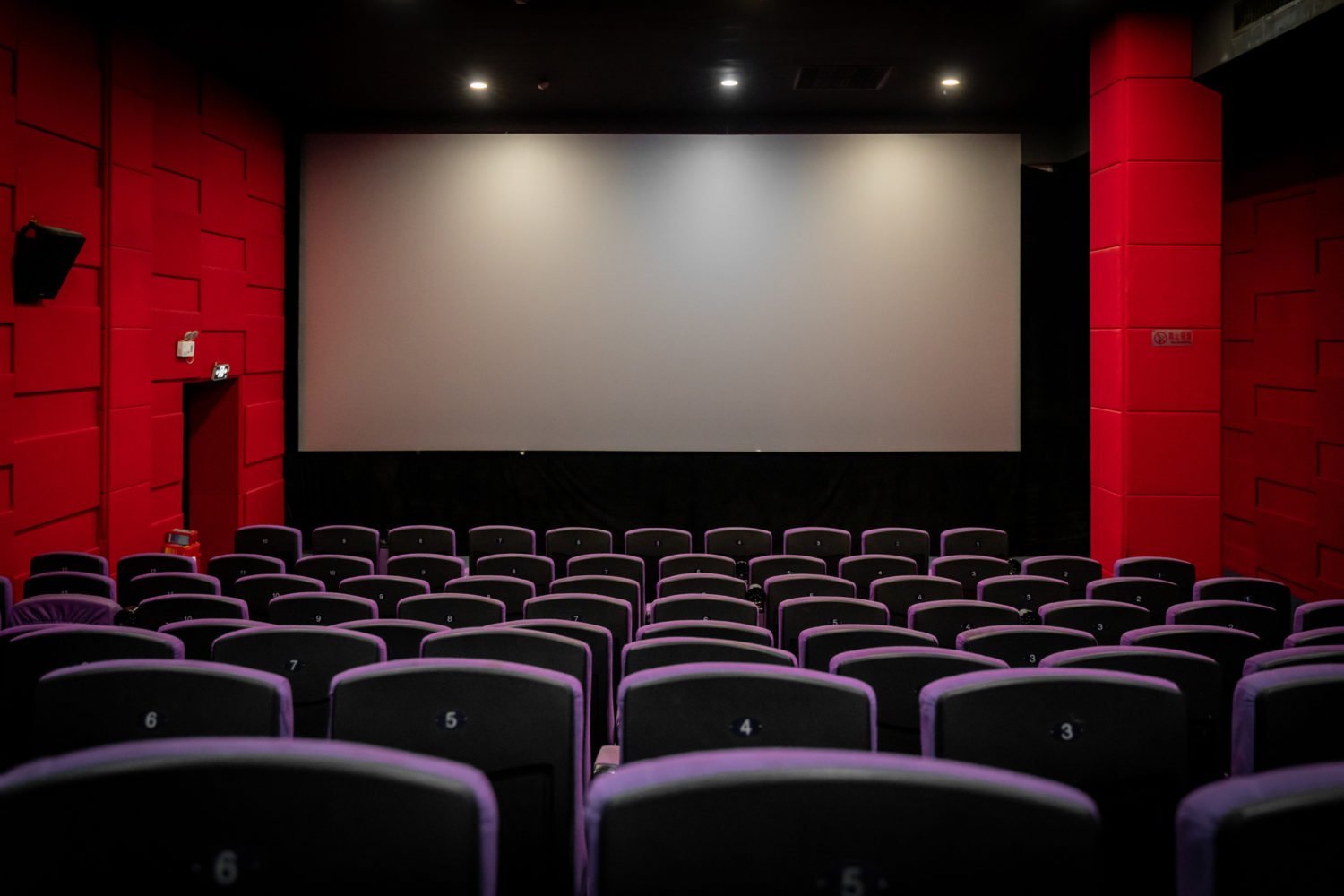When Edward Snowden sat for an interview with NBC News last month, it took the Obama administration about 15 seconds after the primetime special ended to trot out high-ranking officials to call—yet again—the former National Security Agency contractor a traitor. Public opinion doesn’t favor Snowden, either, with an April poll showing only 24-percent support for his leaking information about the NSA’s global eavesdropping programs to journalists.
Yet Snowden’s actions remain popular, and while he holes up in Moscow, his former employer is the subject of more scrutiny than ever. Whistleblowers might be damned, but the whistles they blow are popular.
Silenced is not designed to leave the viewer seeing middle ground on what happened to its three subjects. These people got screwed for their actions, and badly. Director James Spione spares little in showing how financially and emotionally wracked the government’s response can leave a whistleblower.
Spione trots out three well-known cases: Jessalyn Radack, a former Justice Department lawyer who disclosed ethical violations by the FBI about the interrogation of “American Taliban” John Walker Lindh; Thomas Drake, the former NSA executive who exposed faults in the agency’s surveillance efforts; and John Kiriakou, a former CIA operative who went public with information that US agents tortured al Qaeda prisoners.
All three informed their fellow Americans about the more ungainly sides of national security; all three suffered for it, consequences that Spione is occasionally heavy-handed in driving home. For a documentary that takes place in the shadows, there is little subtlety in the storytelling. In case the audience needs a reminder of the national security state, the opening credits take place over a montage of the 9/11 attacks and wars in Afghanistan and Iraq.
Spione, presumably convinced he needed to amp up the drama, hired actors for black-and-white reenactments. It’s an unnecessary tactic; there’s plenty of emotion in his subjects’ stories. Radack confesses that she suffered a miscarriage in one of the many sleepless nights caused by her former employer’s dogged inquisition against her. Drake, facing one of the only four prosecutions under the Espionage Act against an individual in US history, becomes so undesirable in his chosen field, he can only find employment at the Apple Store in Bethesda.
Kiriakou has it worst. Drake burned through more than $1 million on his legal defense, and eventually had most of the charges against him dropped. But Kiriakou, with a wife and two young children, got real jail time. Silenced picks up as he prepares to enter prison for 30 months beginning February 2013. After leaving the CIA, Kiriakou spiraled so deeply into debt, he learned that by the time he faced sentencing, his family qualified for every public assistance program offered by Arlington County.
Radack, Drake, and Kiriakou all pay dearly, but they also have new roles. Radack now works for the Government Accountability Project, advising federal whistleblowers like Drake and Snowden; Drake, when not tinkering with iPads, is a sought-after activist against the surveillance state; Kiriakou is waging an aggressive campaign from his jail cell to get a pardon from President Obama. All of it is in the service of better government, not anarchy.
It’s wrenching stuff, that doesn’t necessarily need all of Spione’s extra flourishes. But the point is still delivered: Industrial whistleblowers are often celebrated for alerting us to corporate malfeasance. When it’s national security, they’re damned.
Screening Saturday, June 21, 7 PM at AFI Silver Theatre.
Return to AFI Docs page.

















